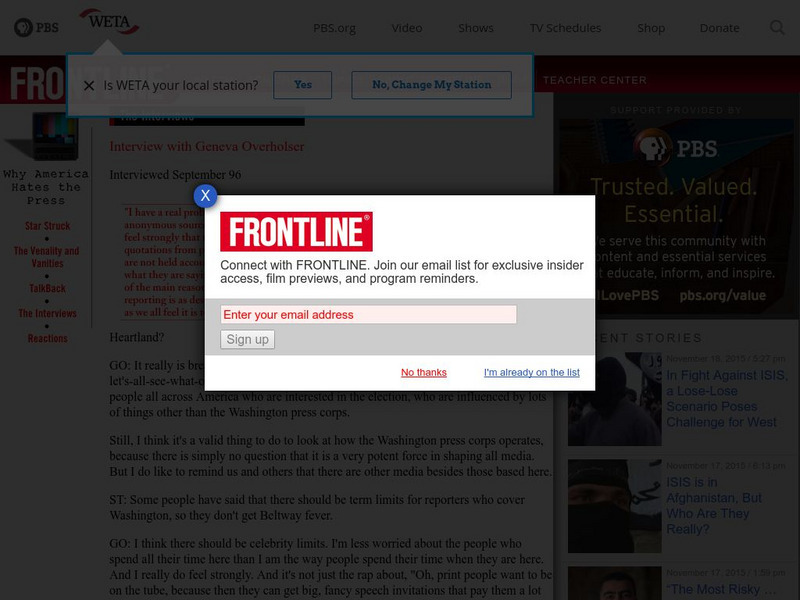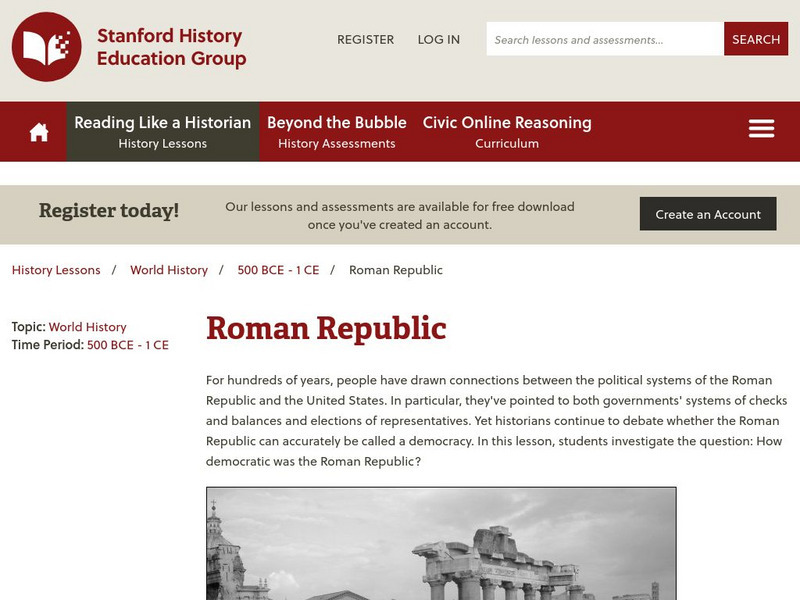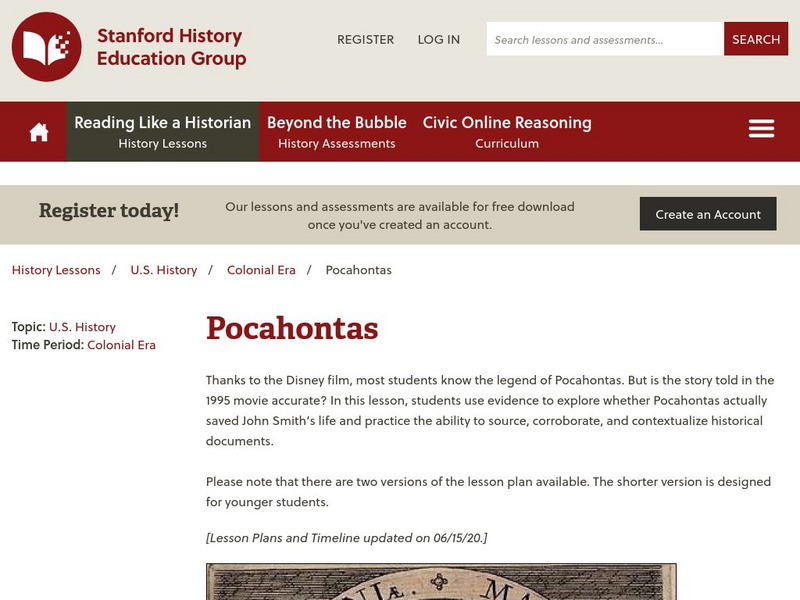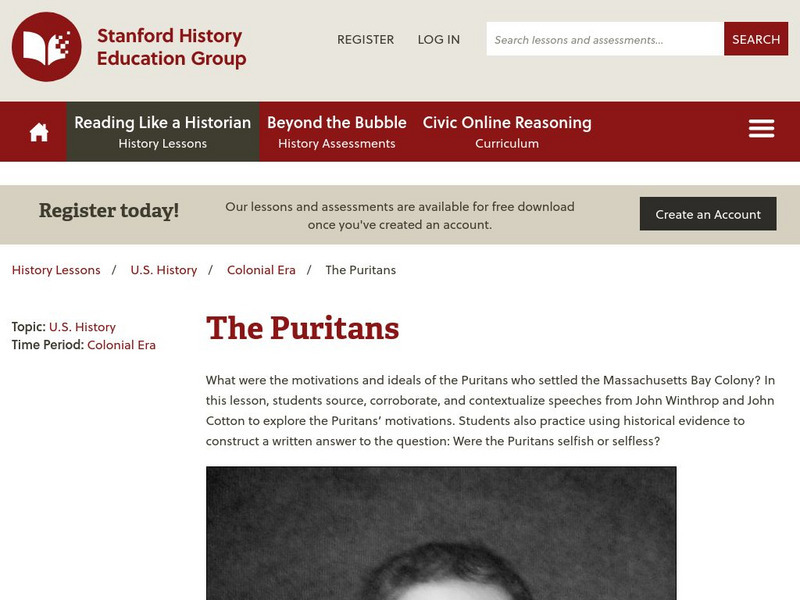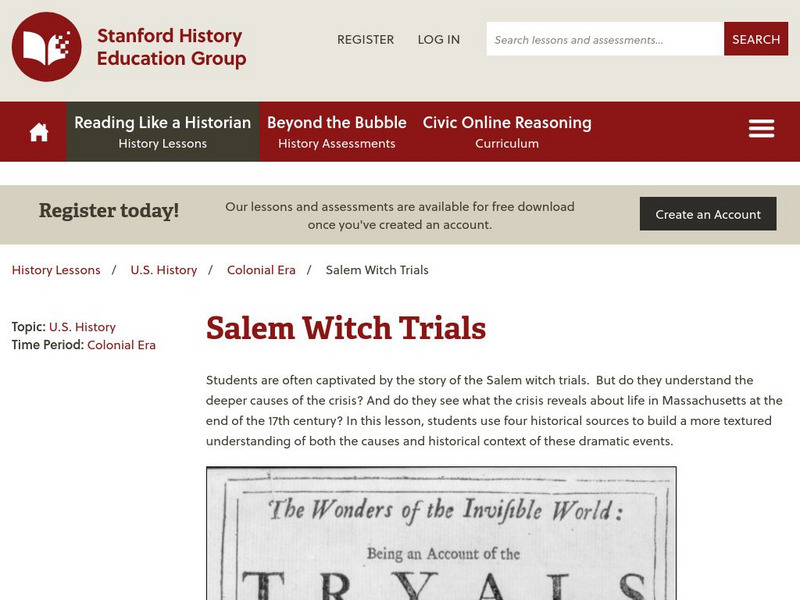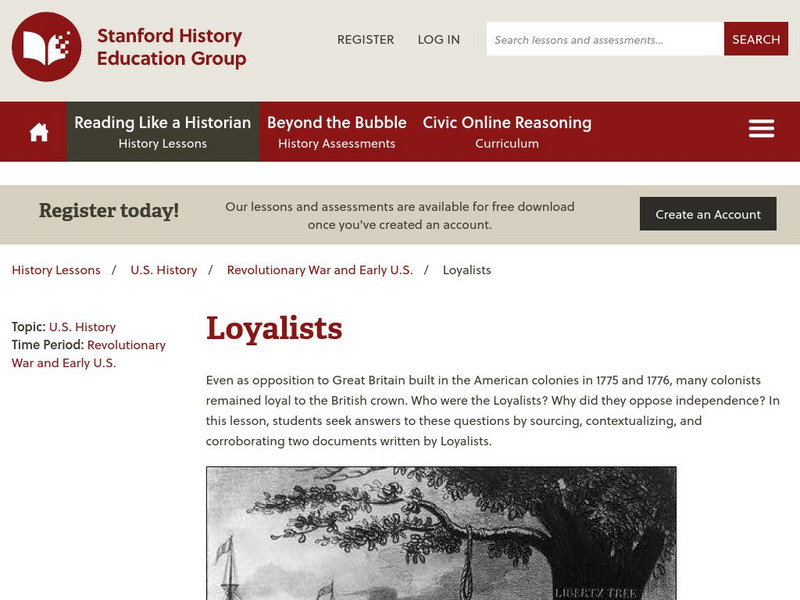Other
Loyola Marymount University: Evaluating Sources: Using the Radar Framework
The RADAR Framework can help you remember what kinds of questions you should be asking about an information source as you evaluate it for quality and usefulness in your research. The Framework can be downloaded in PDF format. Includes...
Lumen Learning
Lumen: Evaluating Sources: Introduction to Types of Sources
This is an introduction to evaluating sources and the types of sources available.
Library and Archives Canada
Nlc: Defining Primary and Secondary Sources
Libraries and archives hold documents and books that can be used for your research projects. Learn how to divide and identify them into primary and secondary sources in this tutorial.
Other
Do History: Using Primary Sources
This site explains the difference between a primary and secondary source. It also provides students with questions to ask when gathering evidence about a primary source document.
Other
Minnesota Historical Society: Minnesota Communities: Lesson: Primary Sources
Lesson plan with necessary documents attached in PDF format where students read three eye-witness accounts of a car accident and compare them to the secondary source insurance report. Then students read three eye-witness accounts of a...
Other
Oslis: Learn How to Do Research, Find Information, Cite Sources
Excellent site outlining each step for Internet research at the middle school and secondary levels. This site focuses on a variety of information literacy topics, from how to research, find and evaluate information, and cite sources....
McGraw Hill
Glencoe: Technology Education: Alternative Fuels Web Quest
The object of this WebQuest is for you to research alternative fuels and figure out their benefits. Resources are provided as well as study questions to guide your quest.
CK-12 Foundation
Ck 12: Earth Science: Introduction to Energy Resources Study Guide
This comprehensive study guide covers the main terms and concepts needed for an earth science unit on energy resources. Review questions are included at the bottom of the study guide.
Sophia Learning
Sophia: Critiquing a Source
This lesson goes over how to critique a research source for reliability. W.11-12.8 Sources/Integrate/Cite
Stanford University
Beyond the Bubble: History Assessments
[Free Registration/Login Required] A collection of innovative assessments, interactive rubrics, and annotated samples of student work with an emphasis on primary source documents for the use in a wide range of history concepts.
CK-12 Foundation
Ck 12: Earth Science: Obtaining Energy Resources Study Guide
[Free Registration/Login may be required to access all resource tools.] This study guide summarizes key points about the important role of net energy in obtaining energy resources. Includes a few questions to check for understanding.
Curated OER
Biz/ed: Sources of Growth Where Does It Come From? [Virtual Economy]
Describes four essential sources of economic growth.
PBS
Pbs: Interview With Geneva Overholser
This site is provided for by PBS. An interview with Geneva Overholser, former editor of The Des Moines Register, who led the paper to a Pulitzer Prize for public service. Frank discussion about the state of the profession, using...
CK-12 Foundation
Ck 12: Life Science: 12.28 Preserving Water Sources
Learn about preserving water resources.
Other
Migration Information Source: Glossary of International Migration Terms
The resource consists of a basic overview of the vocabulary of international migration statistics and concepts.
Other
Oslis: Research Process
Excellent site outlining each step for Internet research for grades 6-12. This site focuses on writing a research paper from selecting a topic through to the final paper. Click on Cite My Sources to get the electronic citation machines....
Stanford University
Stanford History Education Group: Roman Republic
[Free Registration/Login Required] Lesson using primary resources in which students investigate how democratic the Roman Republic was. Includes downloads for student materials, teacher mateials, PowerPoint, and original sources.
Stanford University
Sheg: Document Based History: Reading Like a Historian: Pocahontas
[Free Registration/Login Required] Young scholars use primary source documents to investigate central historical questions. In this investigation, students use evidence to explore whether Pocahontas actually saved John Smith's life and...
Stanford University
Sheg: Document Based History: Reading Like a Historian: The Puritans
[Free Registration/Login Required] Young scholars solve a problem surrounding a historical question by reading primary source documents. This historical inquiry lesson allows students to source, corroborate, and contextualize speeches...
Stanford University
Sheg: Document Based History: Reading Like a Historian: Salem Witch Trials
[Free Registration/Login Required] Students read primary source documents to solve a problem surrounding a historical question. This document-based inquiry lesson allows students to use four historical sources to build a more textured...
BioEd Online
Bio Ed Online: Water
The Science of Water Teacher's Guide provides a number of inquiry-based activities for grades 3-5 (although it can be expanded for other grades). The guide contains science lessons that enable students to explore water, behavior of...
Stanford University
Sheg: Document Based History: Reading Like a Historian: Great Awakening
[Free Registration/Login Required] Students solve a problem surrounding a historical question by reading primary source documents. This historical inquiry lesson about the Great Awakening allows students to critically examine three...
Stanford University
Sheg: Document Based History: Reading Like a Historian: Loyalists
[Free Registration/Login Required] Who were the Loyalists? Why did they oppose independence? In this historical inquiry lesson, students seek answers to these questions by sourcing, contextualizing, and corroborating two documents...
Stanford University
Sheg: Document Based: Reading Like a Historian: Declaration of Independence
[Free Registration/Login Required] Students use primary source documents to investigate central historical questions. In this investigation students weigh contrasting interpretations by prominent historians to answer the question: Why...
Other popular searches
- Primary Sources
- Alternative Energy
- Primary and Secondary Sources
- Energy Resources
- Energy Sources
- Light Sources
- Water Sources
- Sources of Water Pollution
- Citing Sources
- Primary Resources
- Alternative Energy Sources
- Alternative Fuels



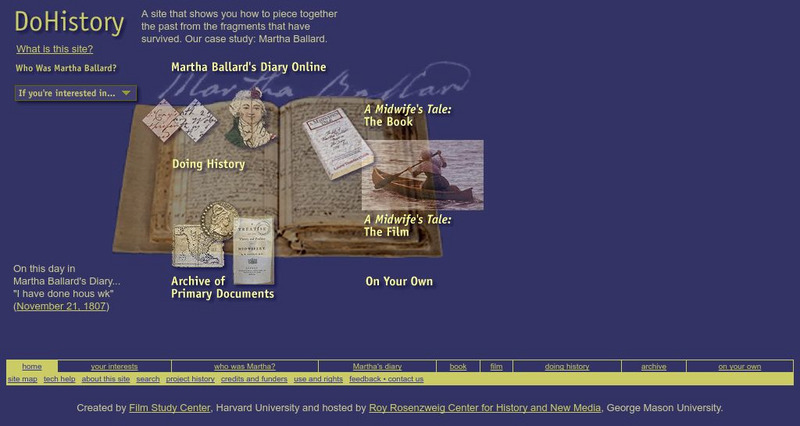





![Biz/ed: Sources of Growth Where Does It Come From? [Virtual Economy] Activity Biz/ed: Sources of Growth Where Does It Come From? [Virtual Economy] Activity](https://content.lessonplanet.com/knovation/original/114981-943d0d0702e767059b8d1620d114047e.jpg?1661446511)
